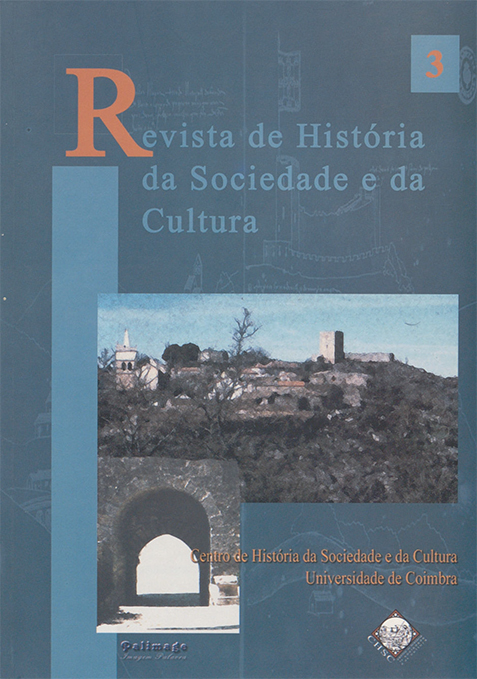Portugal e a Europa - O Discurso Europeu e Federalista da Monarquia à República
DOI:
https://doi.org/10.14195/1645-2259_3_5Palavras-chave:
Unidade europeia, união europeia - Portugal, ideia de Europa - Portugal, federalismo, federação europeia, federação ibérica, união ibérica, iberismo, Fernando Pessoa - nacionalismo e cosmopolitismoResumo
O século XIX em Portugal foi europeísta tanto quanto era possível sê-lo no contexto de uma Europa cuja ideia de unidade ficara confinada à reserva da utopia de escritores, filósofos e propagandistas. Diversos autores portugueses reflectiram sobre a situação e o destino da Europa, o seu papel no mundo, a relação e o peso de Portugal e da Península Ibérica na balança europeia; fizeram ecoar as ressonâncias de apelos à unidade que se manifestaram lá fora e projectaram soluções para o reequilíbrio e a inserção dos povos peninsulares numa nova moldura geoestratégica europeia. Mas a ideia mais marcante, no período oitocentista, foi a defesa da união ibérica pela via do federalismo, como etapa preliminar ou como exemplo de associação a seguir para outras nações e conjuntos histórico-culturais e geopolíticos. Contudo, esta ideia ibérica, latina, mediterrânica, ocidental, europeia, universal - nascida e difundida em contextos de decadência e de crise revolucionária - torna-se desinteressante e obsoleta nos primeiros tempos do século XX, que culminaram no caos apocalíptico dos anos 14-18. O nacionalismo cosmopolita, místico e cultural, de Fernando Pessoa é bem a expressão desse tempo decadente a caminho do abismo, de falência de doutrinas, de descrença nas utopias, na encruzilhada dialéctica entre a conflitualidade de um tempo que finda e de outro que emerge. Com efeito, no pós-primeira guerra, a ideia ressurge, revigorada e reformulada, com novos arautos e protagonistas; mas não se tornará suficientemente forte nem persuasiva ainda para demover todos aqueles que não calam os ódios do passado nem superam os egoísmos do presente.
Downloads
##submission.downloads##
Publicado
Edição
Secção
Licença

Este trabalho encontra-se publicado com a Licença Internacional Creative Commons Atribuição 4.0.
Los autores conservan los derechos de autor y conceden a la revista el derecho de primera publicación, estando el trabajo simultáneamente bajo la Licencia de Atribución de Creative Commons que permite compartir el trabajo con el reconocimiento de la autoría y la publicación inicial en esta revista.











